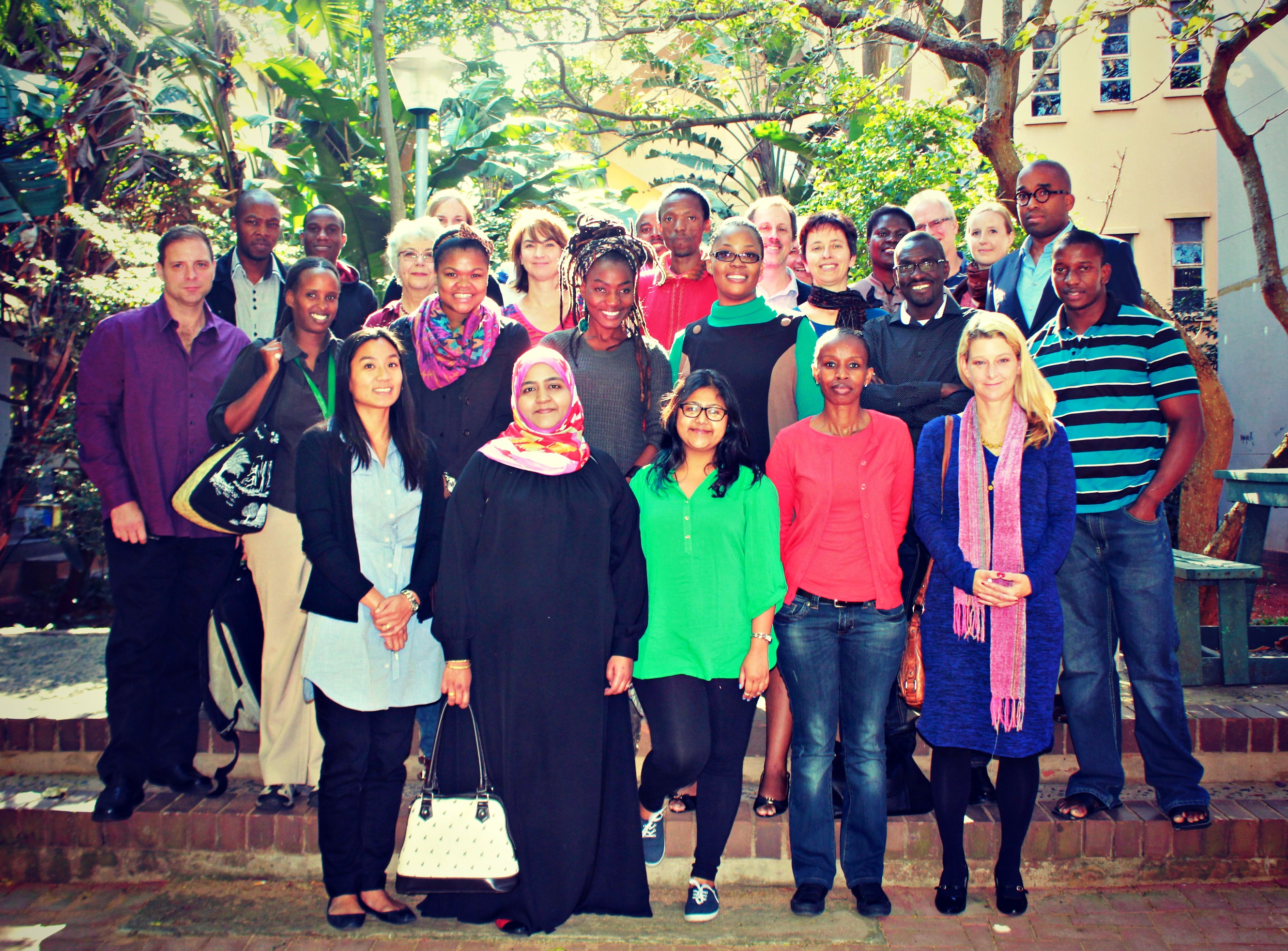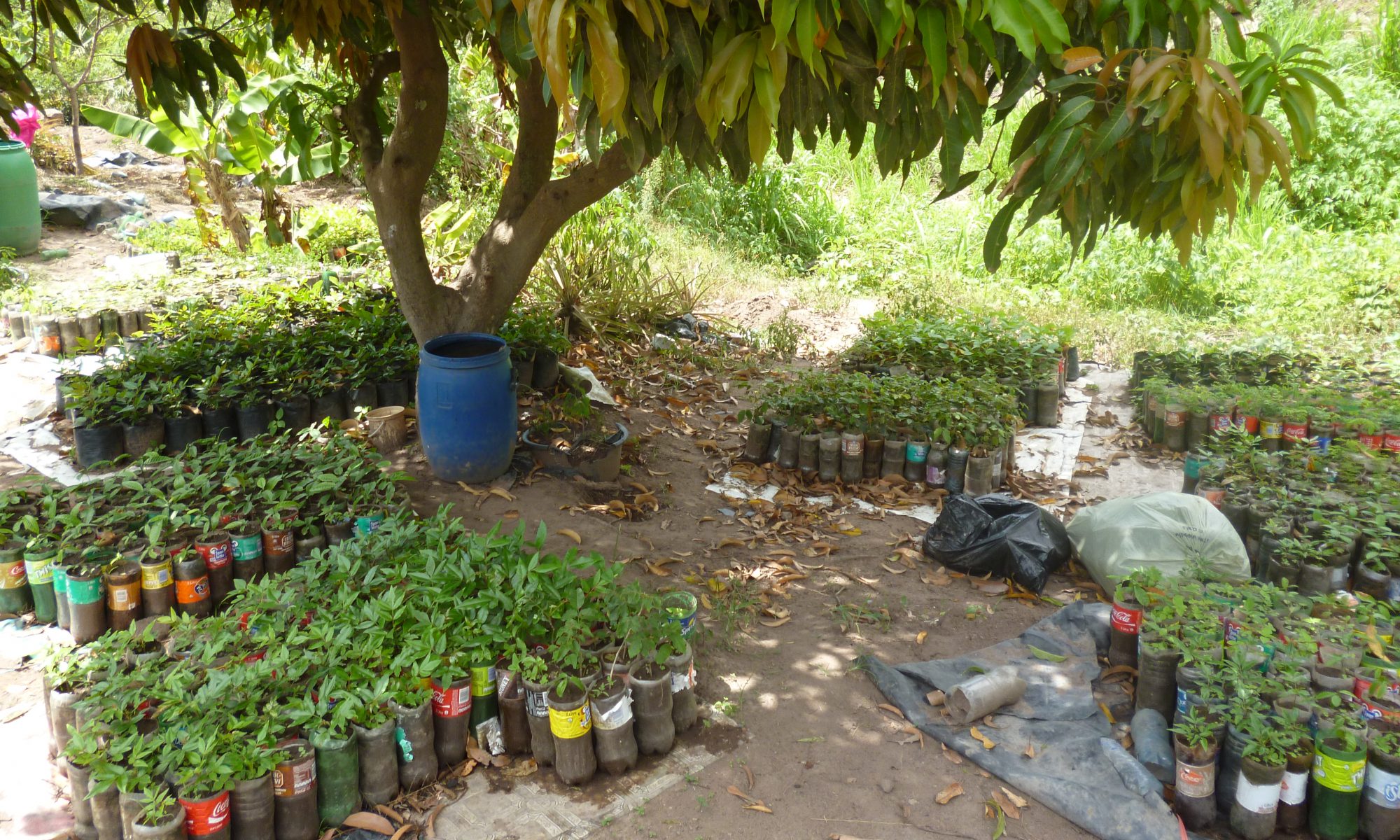
[This article was originally published on UKZNDABAonline (02 July 2014, Vol 2, Issue 36)]
The School of Built Environment and Development Studies (BEDS) recently hosted a South African Research Chairs Initiative (SARChI) workshop on Applied Poverty Reduction Assessment.
The overall purpose of the workshop was to review the state of poverty research in South Africa in relation to past, current and future work programmes of the SARChI Chair in Applied Poverty Reduction Assessment. Many interesting topics were discussed and speakers presented on behalf of various governmental and nongovernmental institutions including the University of Pretoria, the University of the Western Cape, the University of the Witwatersrand, eThekwini Municipality, the South Durban Community Environmental Alliance, and the Institute for Security Studies.
One of the UKZN presenters, Senior Lecturer and Academic Co-ordinator for Development Studies, Dr Mvuselelo Ngcoya, presented his research on food and self-provisioning focusing on his work on indigenous leafy vegetables in KwaZulu-Natal. Professor Imraan Valodia also of UKZN presented initial findings on a large survey of manufacturing firms in Durban. Valodia explained that in 2002 and 2003 data was gathered from one in every three medium and large manufacturing firms in the Greater Durban Area to help establish and assess the constraints to manufacturing growth among firms in Durban. The data collection served to help guide and, where necessary, alter local and national policy interventions. This 2002 data collection exercise, undertaken by the eThekwini Municipality was supported by the USA Development Agency, USAID, with the World Bank appointed to provide technical support. ‘As the data yielded useful and important policy conclusions, the eThekwini Metropolitan Municipality and UKZN are collaborating, with other local, provincial and national actors – including the local business community – to conduct a similar survey. This will mean that Durban will be in a unique position of having a fully representative survey of medium and large manufacturing firms,’ said Valodia.
Ms Kathleen Diga, Research Project Manager of the South African Research Chair in Applied Poverty Assessment at the School, examined Information and Communications Technologies (ICTs) and poverty reduction. Diga presented findings of previous SARChI research detailing various cases of ICT usage and their relationship in increasing economic and human capabilities and wellbeing among the poor. The project findings are now accessible publicly in the 2014 edited book: ICT Pathways to Poverty Reduction: Empirical Evidence from East and Southern Africa.
Participants at the workshop agreed that it had been an informative two-day session.
Words and photograph by Melissa Mungroo
